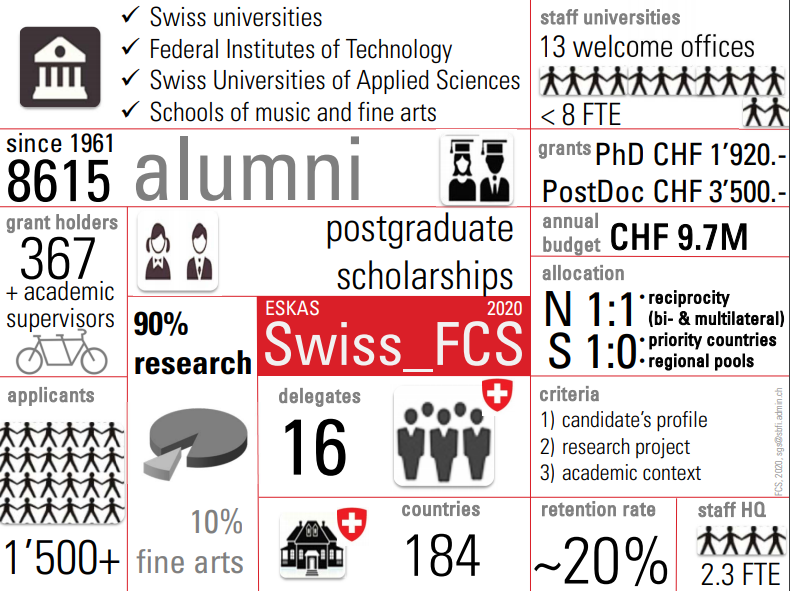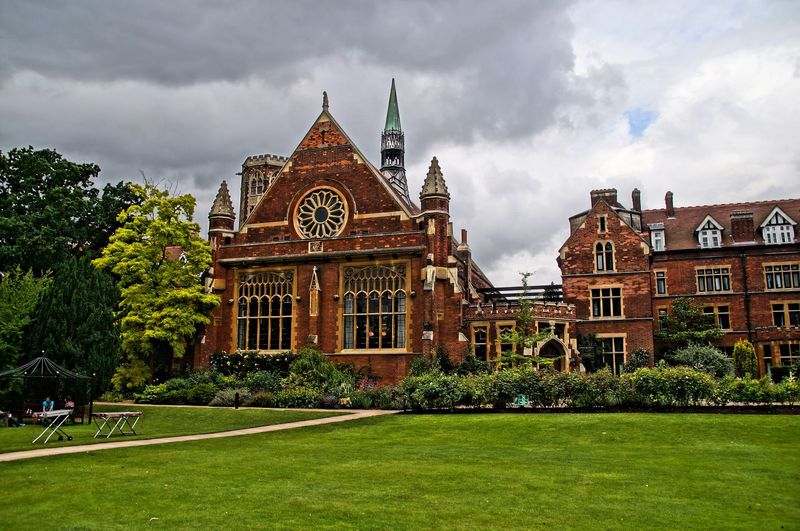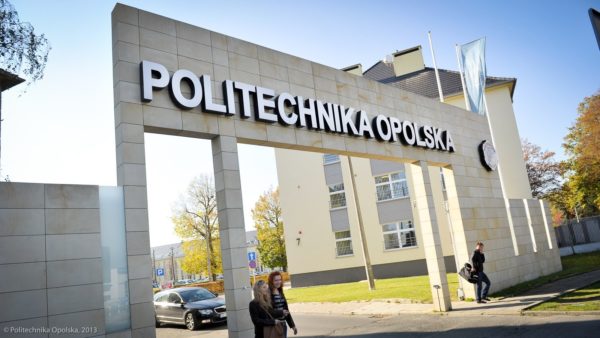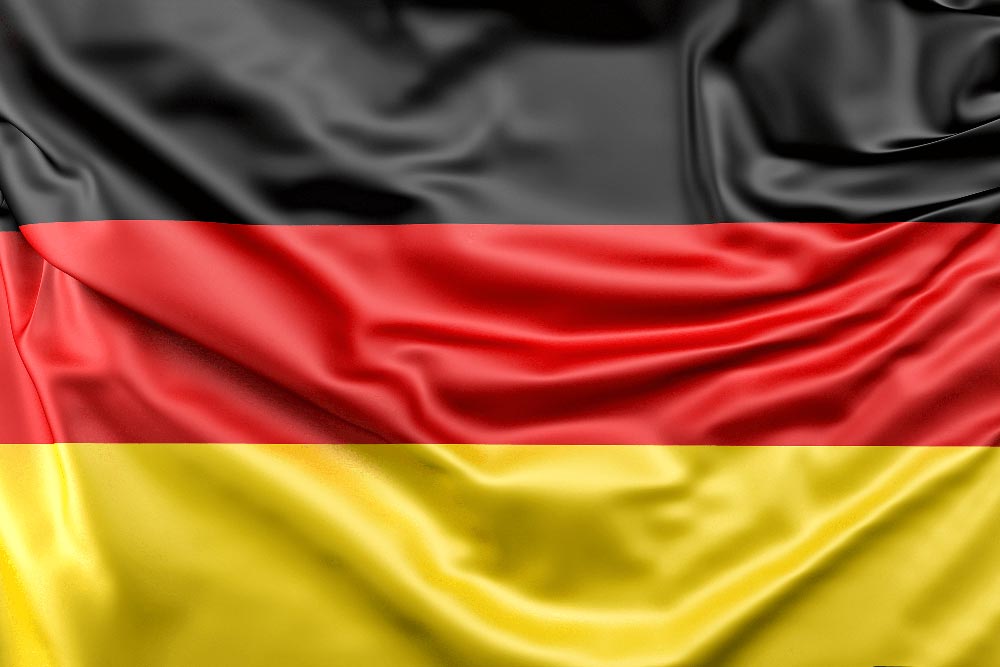 Education in Poland has its own characteristics and is somewhat different from the scheme that is familiar to Ukrainian students, since it is implemented on the European system, and therefore it is worth considering it in more detail. This information will also be of interest to applicants who wish to enter other European universities, not just Polish ones.
Education in Poland has its own characteristics and is somewhat different from the scheme that is familiar to Ukrainian students, since it is implemented on the European system, and therefore it is worth considering it in more detail. This information will also be of interest to applicants who wish to enter other European universities, not just Polish ones.
The first difference is the presence of 2 introductory companies during the year
This approach allows you not to waste valuable time, but to submit documents with a delay of six months, and to obtain higher education after completing training in Poland even after being late for the first session.
Summer introductory campaign for the next year begins in October this year and lasts until August 28 of the year of admission. But it is necessary to specify the terms directly on the university’s website or in the recruiting commission, since the beginning of documents acceptance can be shifted closer to spring, or the last day of submission of documents is May 30 (for example, in universities that require entrance examinations or take part in creative competitions ).
The winter campaign is less extensive and lasts from January to February inclusive.
It is also worth knowing that if you do not already have the documents on the completed education at the time of applying for a Polish university, then you can use a copy of the last class for the first semester. For students of technical schools or universities – an extract of items provided by the dean’s office.
The second difference is the terms of study in Polish universities
First of all, it should be said that training in Poland (based on the Bologna Declaration) provides for two options for educational programs in universities:
- two-level, including bachelor’s and master’s degrees.
- an indivisible magistracy, a level absorbing the preparation of bachelors and beginning after the receipt of basic secondary education.
The advantages of the first scheme include the ability to change the direction of training, re-qualify after the already obtained bachelor’s degree. But the second option is more profitable from the financial point of view, since the payment for all the years is the same, while in the first scheme obtaining a master’s diploma is more expensive.
True, in some specialties there is no special choice, since an indivisible master’s degree is compulsory. Namely:
- medicine, dentistry, pharmacy and veterinary medicine;
- the right, including the canonical one;
- psychology;
- acting;
- creation of film-television production, photography.
The third difference is that diplomas of Polish educational institutions are recognized in all countries of Europe and in most countries of the world, without additional confirmation of them.
 Education
Education
Education in Poland is designed not only for those who can attend lectures during the day, but also on those who are currently working. Therefore, there are several forms of education that allow you to get an education in any situation.
Daily (can be paid or free of charge) – from Monday to Friday, with one entrance for self-preparation.
Evening (only paid) – the same schedule, but after 16.00.
Correspondence (only paid) – classes are held twice a month on Saturdays and Sundays.
The terms of study in Polish universities are dependent on the educational level:
Bachelor’s degree: 3 years in the humanities and 3,5 – 4 in technical.
Master’s degree: 1,5 – 2 years.
Indivisible magistracy: 5 years.
Fellowship: 1 – 1,5 years.
Educcation in Poland – features
The good news for Ukrainian students is that education in Poland, even in a hospital, does not interfere in their free time to earn money to improve their financial situation. On the one hand, such a right is granted to them on the basis of the fact of training in Poland, on the other – this allows the level of the teaching load.
For those who enter on a paid basis, an extra-mural form of training may be of interest, which requires less attendance in pairs, and training itself is cheaper.
Unusual for Ukrainian students will also be the reaction to a failed exam on one of the subjects. From the university for this is not deducted, but to retake will have to go through the entire course again, respectively, paying for this opportunity.
It is worth noting that training in Poland is not a holiday. To go to a Polish university is only when there is a real desire to get a profitable education, because it will not be possible to just sit out at the lectures. The rigidity of testing knowledge fully corresponds to the level of training. Perhaps that’s why the Polish graduates almost immediately and take the leading companies to their staff.


 kudapostupat
kudapostupat



















 303478
303478 



















